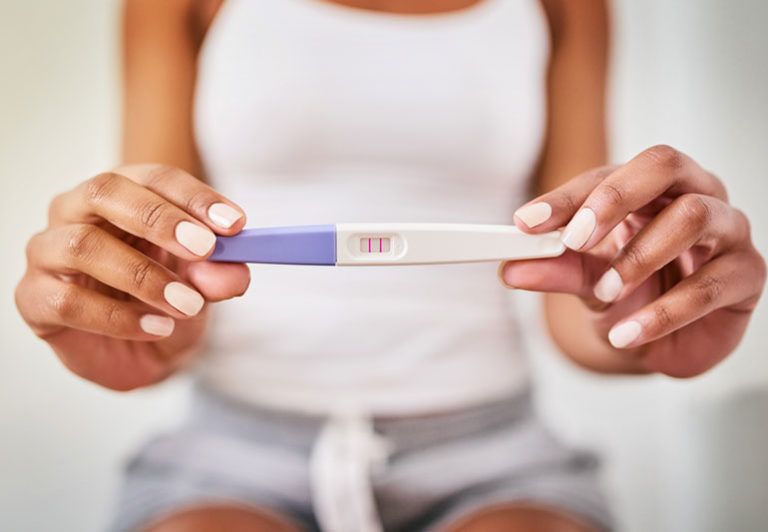
COVID-19 stress has been affecting everyone as people are still trying to make peace with this new lifestyle and not going out as much as they used to. Most people are worried about their finances and the uncertainty surrounding coronavirus isn’t helping either.

These problems and added responsibilities lead to mismanagement of stress and that can have a long-lasting effect on your health. Most people know that this kind of stress is causing heart attacks, panic attacks, anxiety, and depression and is also affecting your reproductive health
Chronic stress has a fatal effect on fertility and reproductive health and can lead to hormonal imbalance. Here is how COVID-19 stress can affect your fertility and how can you manage it.
Irregular menstrual cycle
The menstrual cycle is controlled by hormones and stress can disturb the balance in the body. This can lead to irregular menses and can also make your periods heavier or lighter than usual.
Impact on your sexual life
A high level of stress in the body results in the release of cortisol that can affect the levels of sex hormones in your body. It can also lead to vaginal dryness.
Weight gain
Increased cortisol levels due to stress also lead to weight gain and since people are not allowed to move as freely, it can contribute to gaining weight. This can lead to problems like PCOS and PCOD which affects fertility.
Proper fertility issues
Chronic stress leads to the overproduction of the alpha-amylase enzyme that causes fertility issues in women.
If you have conceived and are in the early stage of your pregnancy, stress can cause a hormonal imbalance in the body and that can increase the risk of miscarriage.
Make sure you learn to manage your stress and find time to indulge in activities that make you happy. Stay connected to your family and friends and find time to relax as well.